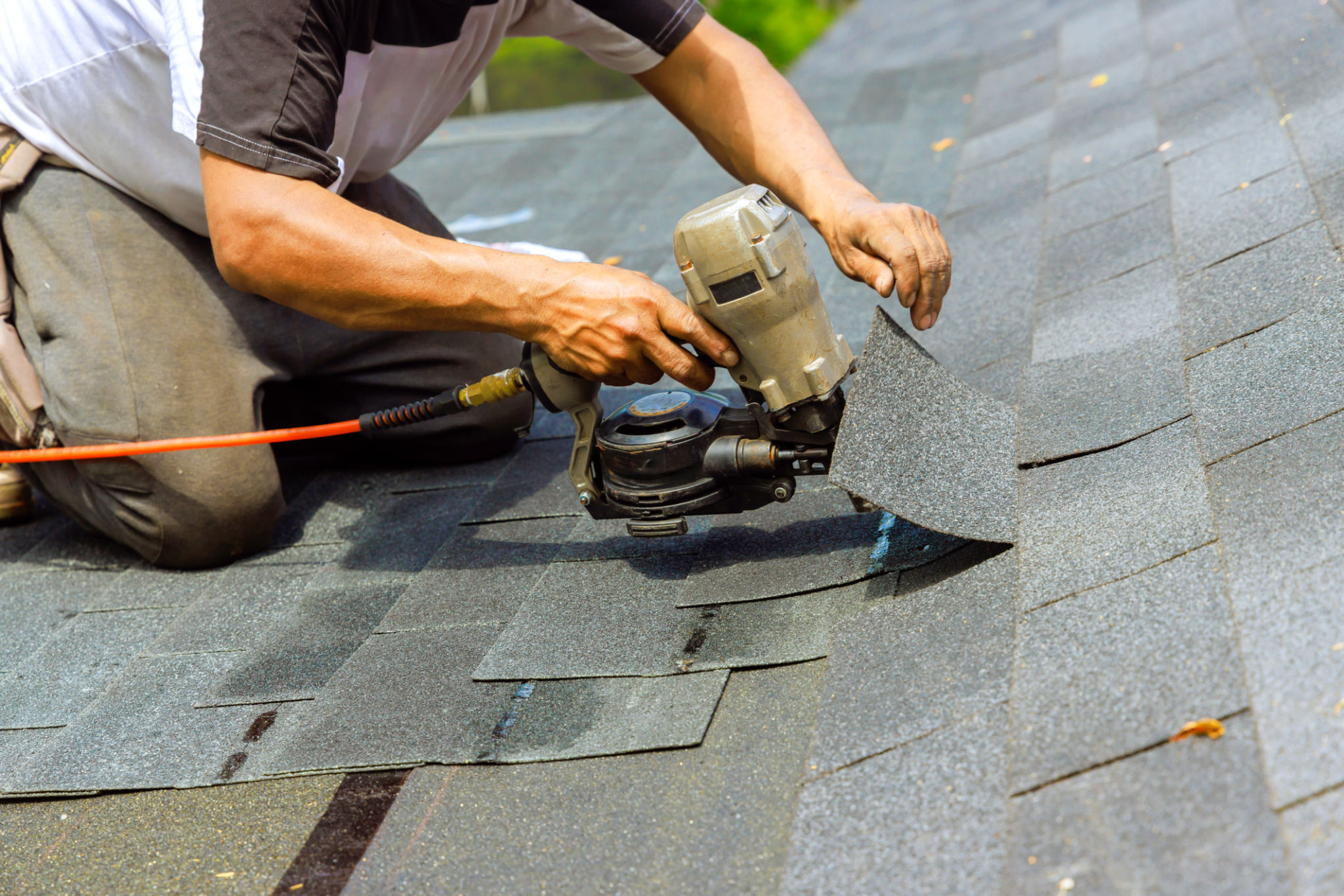Comprehensive Guide to Roof Installation in New Jersey: What Homeowners Need to Know
Understanding Roof Installation
Roof installation is a critical process that ensures the safety, durability, and aesthetic appeal of your home. In New Jersey, where weather conditions can vary significantly throughout the year, having a properly installed roof is even more crucial. This guide will walk you through the essential aspects of roof installation, helping you make informed decisions for your home.

Choosing the Right Roofing Material
The first step in any roof installation is selecting the right material. Common options include asphalt shingles, metal roofing, slate, and wood shingles. Each material has its own set of advantages and disadvantages. For instance, asphalt shingles are cost-effective and easy to install, while slate offers unmatched durability but at a higher price point.
- Asphalt Shingles: Affordable and available in various styles and colors.
- Metal Roofing: Long-lasting and eco-friendly, with excellent weather resistance.
- Slate: Extremely durable and fire-resistant, but heavy and expensive.
- Wood Shingles: Provides a natural look but requires regular maintenance.
Understanding the Installation Process
The roof installation process involves several key steps, beginning with the removal of the old roof. This is followed by inspecting the underlying structure for any damage that needs repair. The next step involves installing a moisture barrier and flashing to prevent leaks. Finally, the roofing material is installed, starting from the bottom and working upwards.

Local Building Codes and Permits
Before initiating any roofing project in New Jersey, it's important to be aware of the local building codes and permit requirements. Each municipality may have specific regulations concerning roofing materials, installation methods, and waste disposal. Failing to comply with these regulations can result in fines or a forced redo of the work.
It's advisable to work with a licensed and experienced roofing contractor who understands these local requirements. They can help ensure that your project complies with all necessary codes and is completed efficiently.

Weather Considerations in New Jersey
New Jersey's climate can be challenging for roofs due to its humid summers, snowy winters, and occasional hurricanes. When planning a roof installation, consider materials that can withstand these weather conditions. Additionally, timing your installation during a milder season can help avoid weather-related delays and complications.
Maintenance Tips for Longevity
Once your new roof is installed, maintaining it properly is crucial for prolonging its lifespan. Regular inspections, especially after severe weather events, can help identify and address minor issues before they escalate into costly repairs. Keeping gutters clean and trimming overhanging branches are also important maintenance tasks.
Investing in annual professional roof inspections can save you time and money in the long run by ensuring that your roof remains in optimal condition.

Conclusion
Installing a new roof is a significant investment for any homeowner in New Jersey. By understanding the different materials available, being aware of local regulations, and considering the state's unique weather conditions, you can make informed decisions that ensure your roof stands the test of time. Remember, a well-installed roof not only enhances your home's curb appeal but also provides essential protection against the elements.